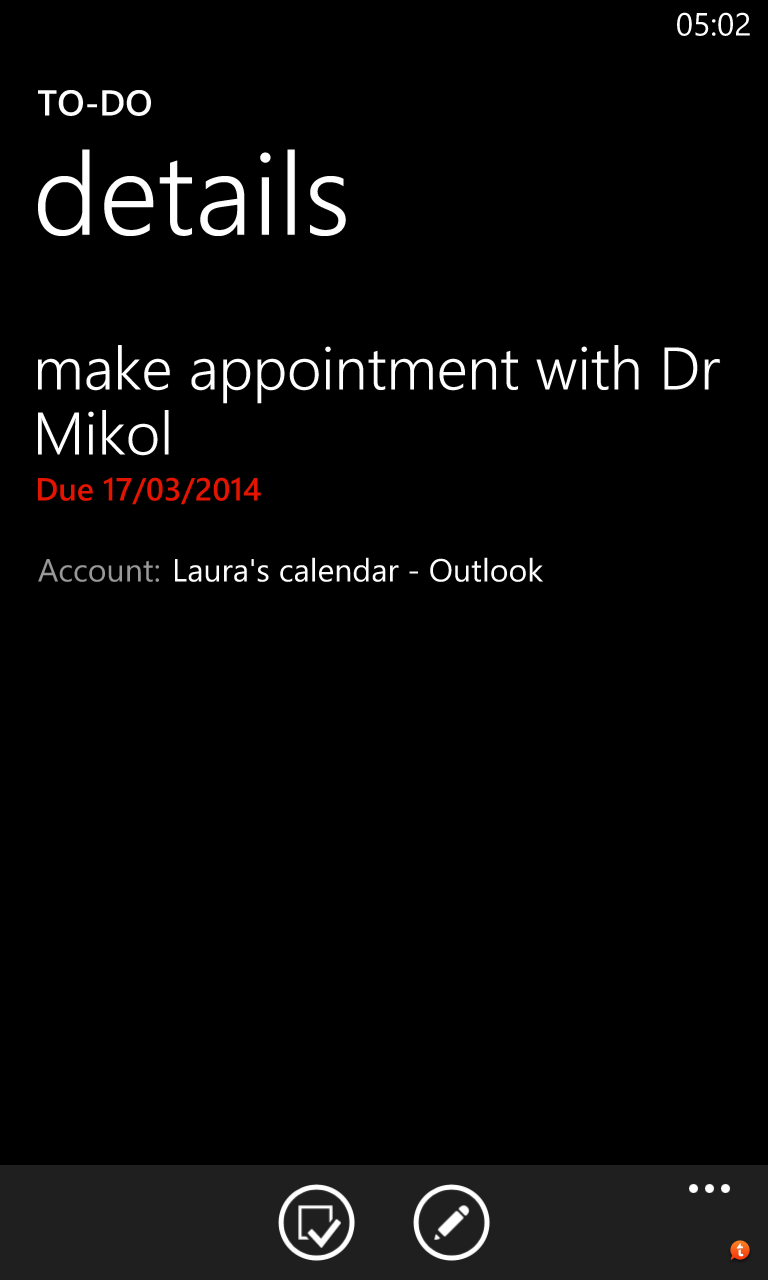After 3 years in the market place, it has only managed a paltry 3% market share.
True, in the U.S. It is doing better in other countries, particularly in those where the cost of the handset isn't substantially masked by carrier subsidies.
Android, love it or loath it has become the default choice for tablets and smart phones. It has in fact become bigger than Google itself in that they themselves have lost control of the OS and are trying to rein it in.
I disagree with most of this, particularly in the U.S. where both iPhone and iPad still have large market shares; iPad also does well in many other countries. I don't think that Google has lost control of Android, but they have realized that poor visual quality, sputtering behavior, and other "little things" add up to a less than desirable user experience. They have been working for two years to substantially improve that experience.
As for the future of Windows on phones & tablets...the market gap has widened so much that Windows Phone will never be able to catch up.
It depends on how you define "catch up." With WP8 and Win8, Microsoft tried to draw the heavy line between phone and non-phone. It didn't work. Apple drew that line between computer and non-computer; Android essentially followed Apple with a phone+tablet API -- that line seems to be one that consumers and developers like. It now appears that Microsoft is trying to adjust the thickness and placement of that line so that phones and tablets are more alike in programming. The unique differentiator that such a strategy affords, particularly in combination with Windows 8, is the ability let users run those apps on the "full computer", for those who want to do so.
I'm a WP fan and love the OS, but in all honesty what do you really think? Are you as optimistic as when you first bought into the platform?
Yes, but "as optimistic" isn't the same as "optimistic."
I expect that WP will continue to improve its market position globally, finally getting noticed in the U.S. in late 2014 to early 2015. I expect that iOS will continue a slow decrease in share, mostly at the low end as a result of Android and WP. Google and Microsoft have strategies that span the price range; Apple does not. Google has an experience that, at the low end, isn't so wonderful, while Microsoft is able to provide a pretty good experience even on less expensive devices. The ability to span economic markets ($60-600) to maximize user reach and to span devices (phone-tablet-computer) to maximize developers reach gives Microsoft an advantage that Apple and Google do not have. Now the question is to see if they can capitalize on it.
I'll give MS credit for being willing to beat their heads against a wall for longer than most firms; That persistence is why folks joke that you never buy an MS product until it's at version 3.x because the first two attempts are weak. WP7 was 1.0; Mango/WP7.5 was 2.0; WP8 was sort of a 2.1 because it did a "reset" of the product. WP8.1 will be the effective 3.0. Let's hope...



